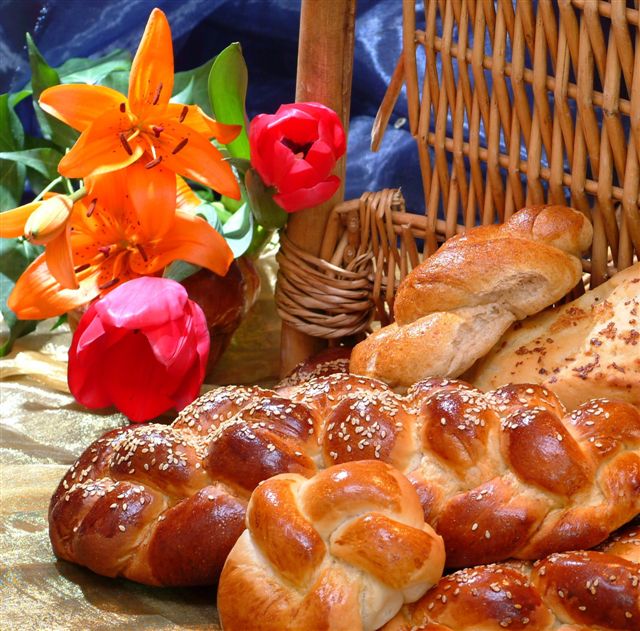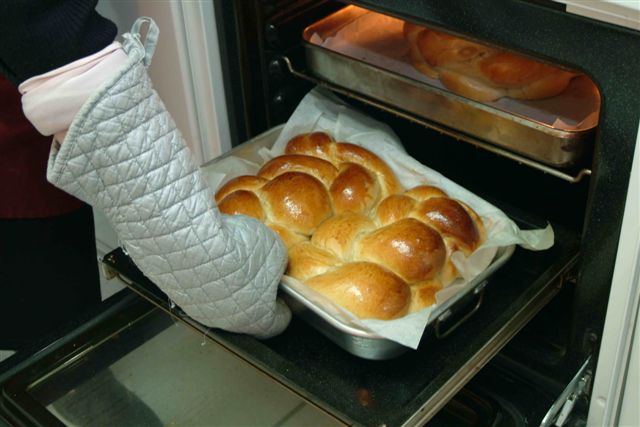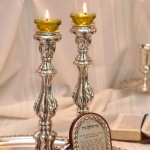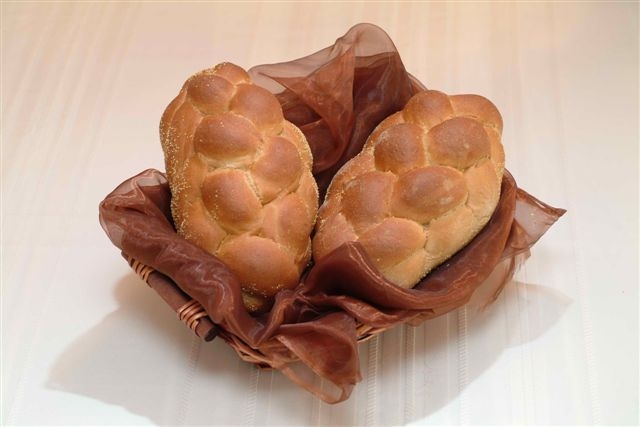Why an Entire Book on Just Challah?
Bread is a staple food item that every person, in every culture, is familiar with. Challah is unique in that it is a bread item – yet it is also, or maybe even more so, a spiritual item.
Bread is a staple food item that every person, in every culture, is familiar with. Challah is unique in that it is a bread item – yet it is also, or maybe even more so, a spiritual item. As the book A Taste of Challah so aptly states in its front cover flap, bread nourishes the body, while Challah nourishes the soul. Baking challah properly is so imperative in religious Judaism that it is considered one of the three central commandments that are given uniquely for the Jewish woman. Although any man can do this mitzvah as well, there is a higher purpose and more special aspect to it when it is performed – properly – by the Jewish woman. It is the woman who is considered the mainstay of the home, of the heart and soul of the home; and thus the main bread of the home, challah, is given as a special merit to her alone.
Challah is given prime importance on our most sacred day of the week, the Shabbos day. It is present at every meal, and the meal takes on an higher level of dignity and beauty when the braided challah loaves were lovingly prepared by none other than the woman of the house herself. Furthermore, by performing the mitzvah of separating off the piece of dough called challah, the woman hereby elevates that plain dough into something spiritual; the more the woman prays for her family while preparing her challah loaves, the more she ‘speaks’ to G-d in prayer as she is working and lovingly kneading her dough, the more she is able to imbue this dough with something extraordinary, intangible to the naked eye, yet felt strongly by the spiritual eye we all posses.




